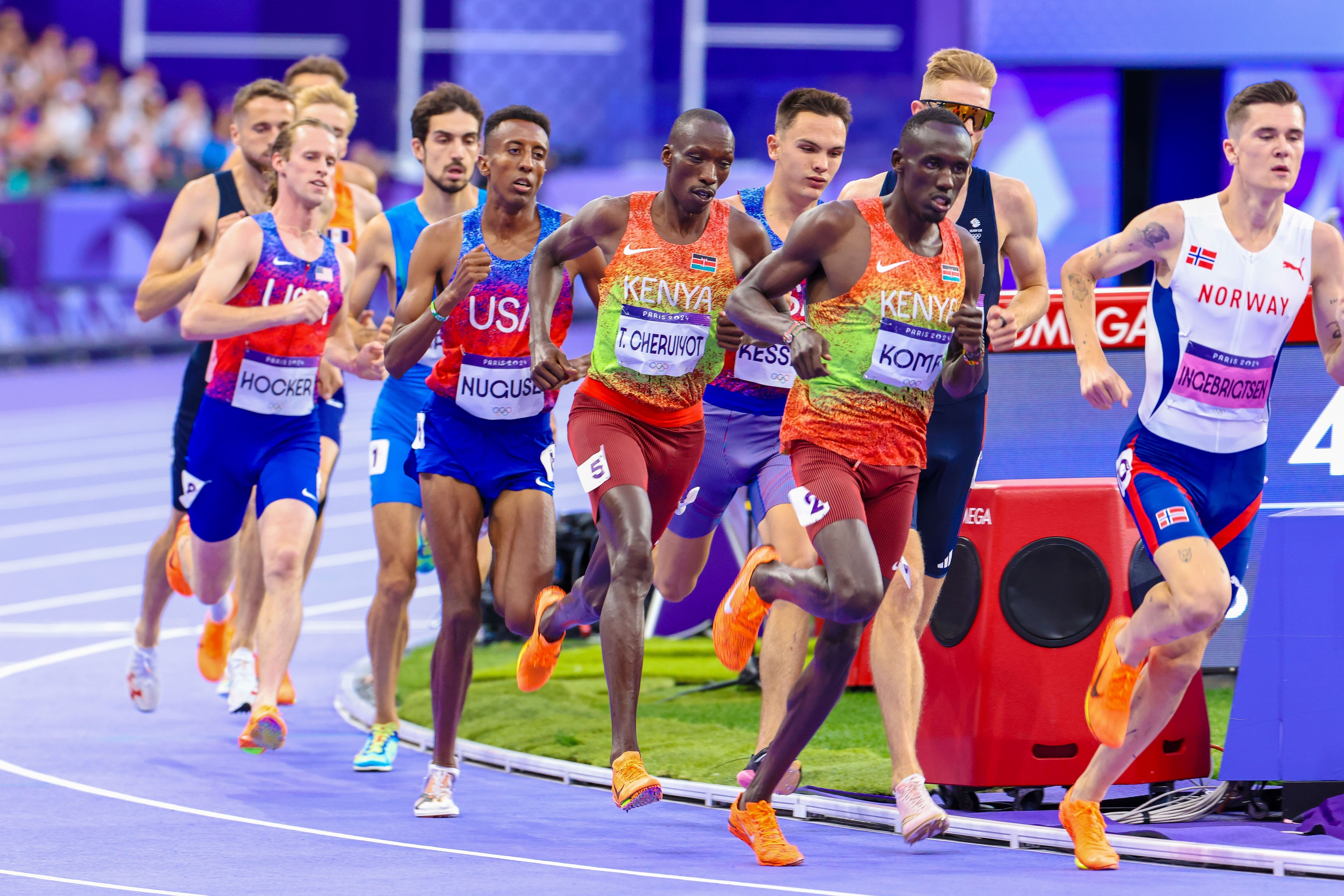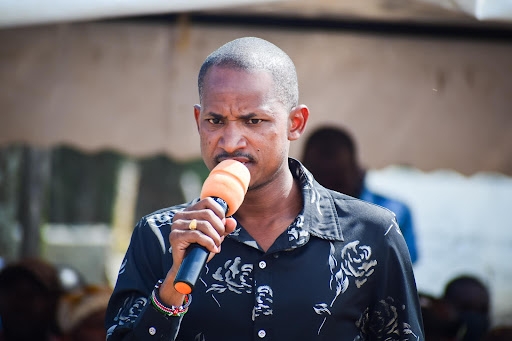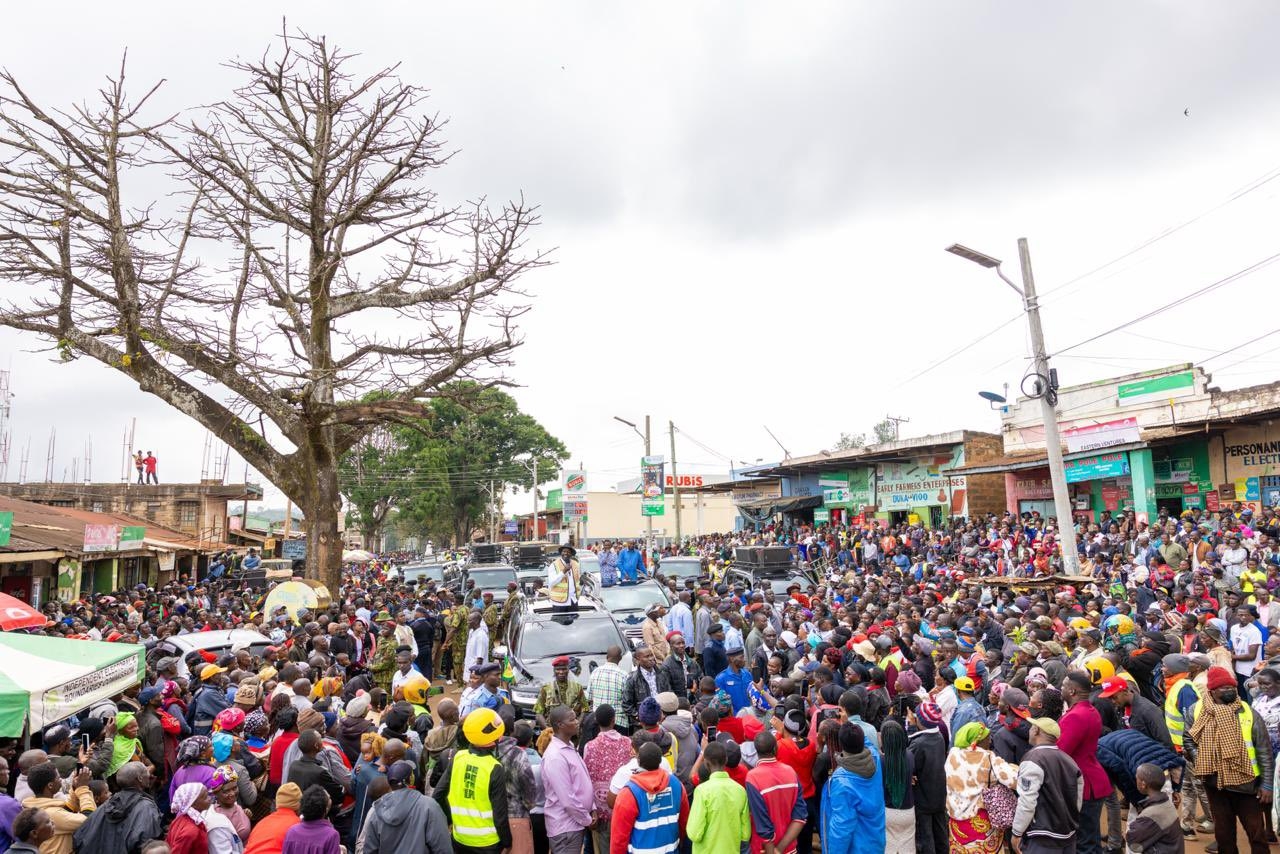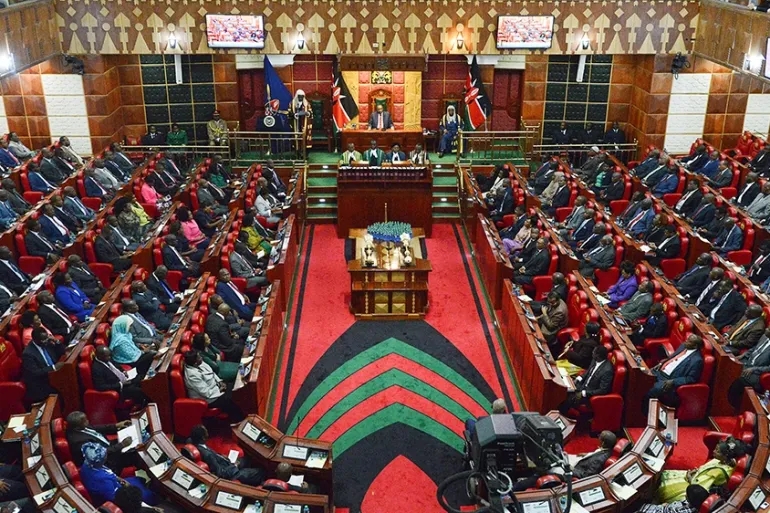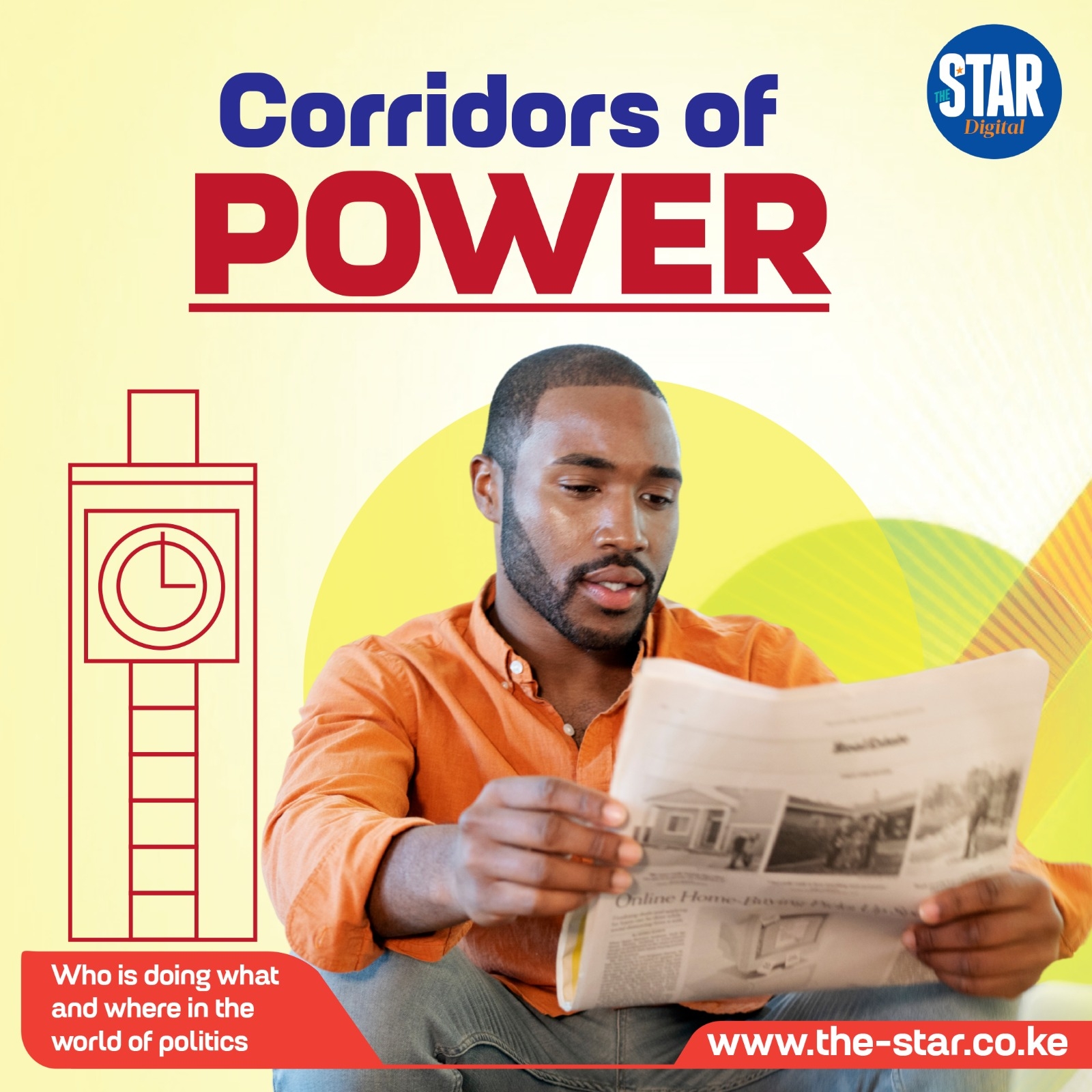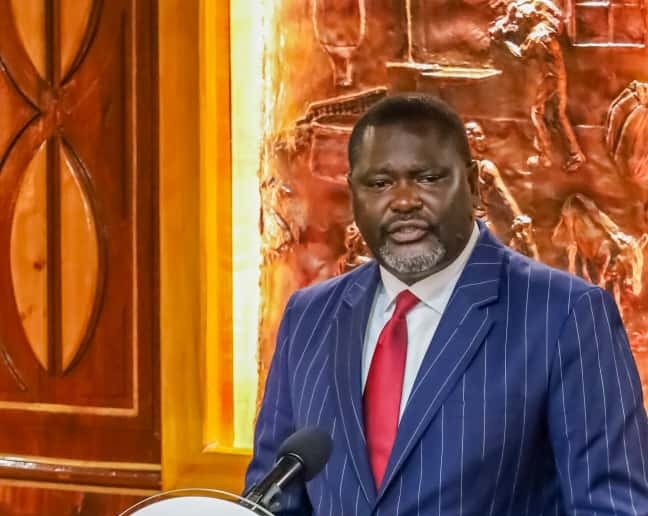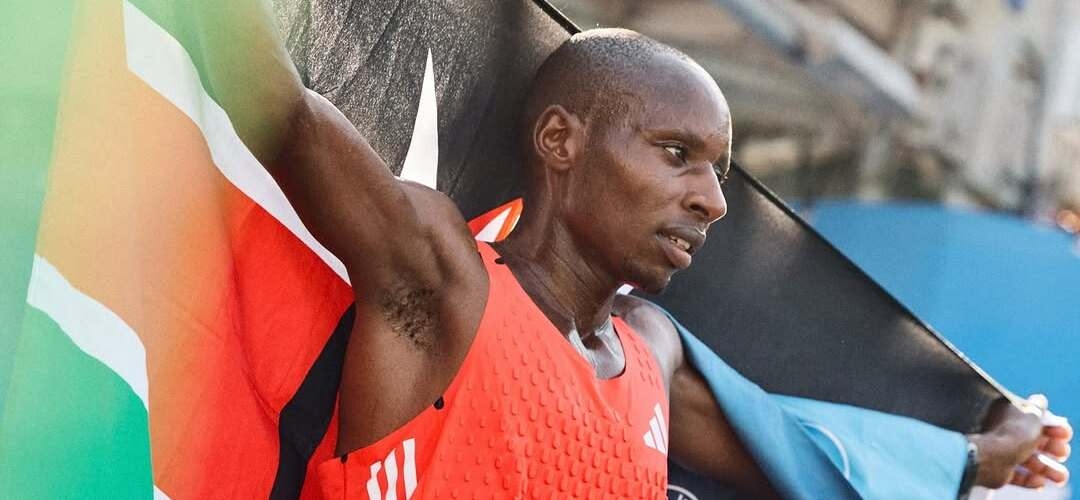
 Eliud Kipchoge/ HANDOUT
Eliud Kipchoge/ HANDOUTTwo-time Olympic marathon champion Eliud Kipchoge has called on Kenyan sporting federations to prioritise athlete preparation for the unique climate of Los Angeles ahead of the 2028 Summer Games.
Speaking during the three-day National Olympic Committee of Kenya (NOCK) forum, Kipchoge warned that extreme heat, high humidity, and poor air quality could affect performance, while severe weather events might endanger athletes and disrupt competitions.
“Federations must expose athletes early to conditions similar to those in Los Angeles so they can adapt, tolerate, and excel,” Kipchoge said. “We only win medals through training.”
Los Angeles has already experienced extreme events, including devastating wildfires earlier this year, raising concerns about the impact of climate change on next summer’s Games.
Kipchoge stressed that early and strategic preparation, combined with strong leadership, is key to ensuring Kenya maintains its competitive edge on the global stage.
Reflecting on the 2024 Paris Olympics, where Kenya won 11 athletics medals – four gold, two silver, and five bronze – Kipchoge cited the performances of Beatrice Chebet, Faith Kipyegon and Emmanuel Wanyonyi as examples of what disciplined preparation can achieve.
He also urged leaders in federations to take a hands-on approach: “Leadership is not about standing and giving directions; it is about understanding who and why you are leading, and everything else falls into place.”
Kipchoge additionally advised athletes to manage distractions from social media, reminding them that success requires focus and resilience.
“Federations need to embrace their athletes and guide them, teaching them that the world is not straight and that what they see online should not define their preparation,” he said.
Meanwhile, Jubilee Insurance CEO Julius Kipng'etich has urged the National Olympic Committee of Kenya (NOC-K) to forge partnerships with universities to conduct sustained research aimed at improving Olympic performance.
Kipngetich, a native of Iten, the cradle of Kenyan running champions, stressed that long-term research and investment in sports science are key to raising the nation’s medal tally.
“Most federations focus on individuals instead of purpose-driven projects. A federation’s key performance indicator should be research spanning 20 to 30 years,” he said.
The call comes amid growing competition from countries that have embraced science-backed sports development.
Uganda’s investment in high-altitude training is challenging Kenya’s dominance in long-distance running, while nations like Jamaica, the United States and Australia continue to dominate sprints and other events thanks to meticulous research, diet planning and athlete monitoring.
At the same time, Africa's fastest man, Ferdinand Omanyala, has called for the establishment of medical facilities dedicated to handling sports injuries.


